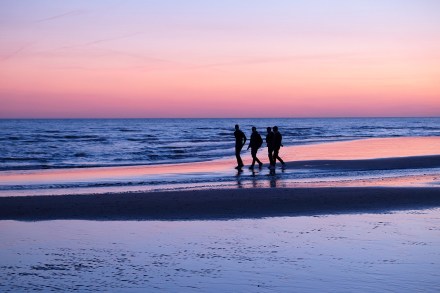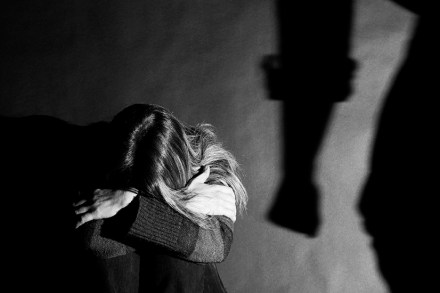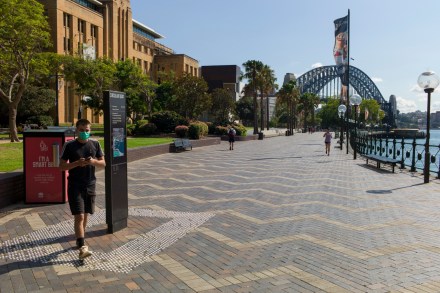Do we really want to go back to normal?
On the day our A-level exams began some wit wrote on the blackboard: ‘I wasted time, and now doth time waste me.’ I thought of that again yesterday when a writer friend emailed: ‘Like you, I thought I would be much more productive but I do find it very hard to focus… and I still haven’t filed those boxes of books in the sitting room.’ The days fly by and the sunshine was a real bonus, for it is pleasant and surely good for the soul to sit in it, reading, dreaming, nodding off, and topping up our Vitamin D levels. I said here at the beginning of lockdown that




















